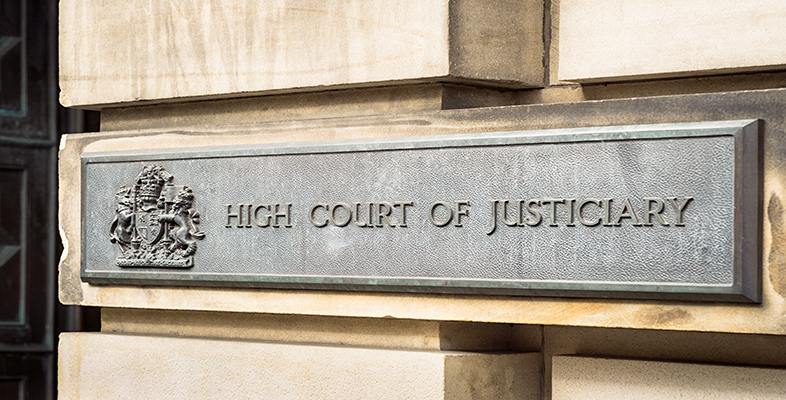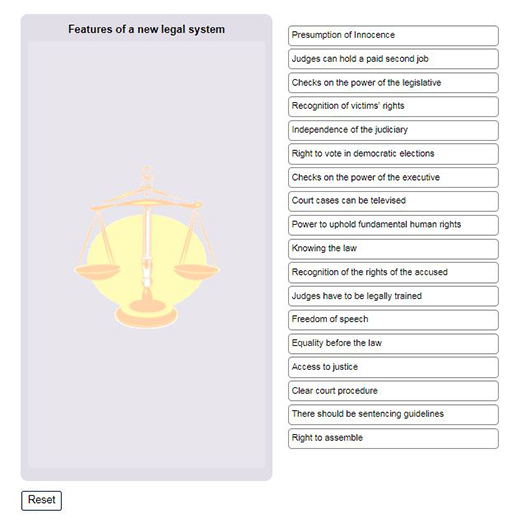3.2 The jurisdiction of the courts
Whilst the judiciary forms part of the organs of state, they operate independently within it. This independence is constitutionally enshrined. In Scotland judicial functions are carried out by a range of different courts. Each court can only decide on matters that are within its remit (that it has specific power to deal with). The power of a court to consider any particular matter is referred to as its jurisdiction.
This can refer to:
- the nature of the case, or
- the geographical location of the subject matter of the case, or
- the parties to the case.
You will explore the jurisdiction of the individual courts in Scotland in more detail later. All cases that are brought before a Scottish court must also be clearly identified as either civil or criminal. This categorisation is important. Courts hearing civil matters have different procedures from those hearing criminal matters. Those procedures are clearly specified and strictly adhered to in all court proceedings.
In Scotland however not all judicial business is within the jurisdiction of the courts. There are also tribunals which function as an alternative to courts informally resolving legal disputes and dispensing justice. The Scottish Courts and Tribunals Service (SCTS) provides administrative support to Scottish courts and tribunals, and to the judiciary of those courts. Its website states that ‘The SCTS supports justice by providing the people, buildings and services needed by the judiciary, courts, Office of the Public Guardian and devolved tribunals’ (SCTS, n.d).
Before moving on to consider the factors that need to be considered when bringing a case Activity 2 asks you to reflect on the features you would expect of a just legal system.
Activity 2 A new justice system
Note:
Please complete this activity on a Mac/PC browser, as this activity may not function correctly in a mobile/tablet browser.
From the list below identify the features you would include if you were tasked with designing a just legal system for a new state and drag them into the box. Please give reasons for your answers in the textbox below.
Comment
As you worked your way through the list and identified which you would include in the justice system for a new state you thought about the reasons for what you had chosen. You may have found some of the features on the list more relevant than others and you may have disagreed with some of the features on the list.
The features on the list can be found in the Scottish legal system. The rights outlined are regarded as fundamental to any democratic society. Overall these features ensure freedom of individuals, fairness, due process in the legal system, transparency, and a just legal system. They ensure that power is not abused by those who have the privilege of governing. However, within the UK the power not to apply statues which are contrary to human rights is unique in Scotland.
The one feature that could lead to conflicts of interest is enabling judges to hold a paid second job. This will be explored in the section on the legal profession.

